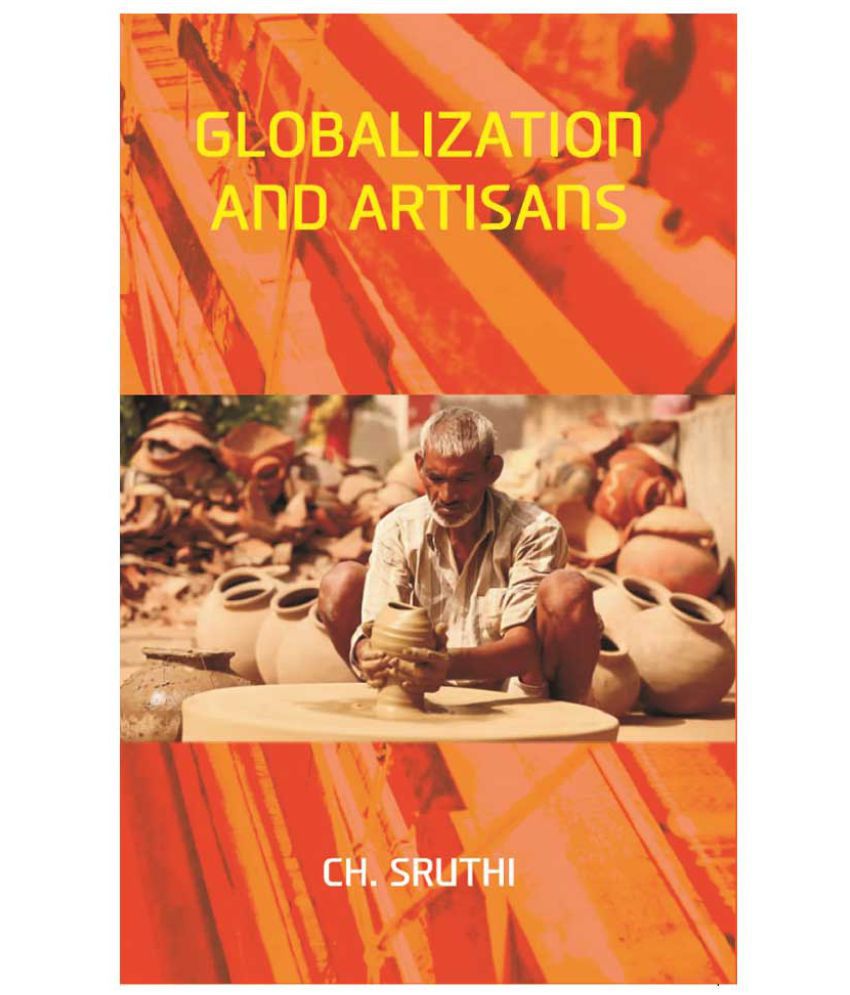Something went wrong. Please refresh the page and try again.
Something went wrong. Please refresh the page and try again.
Notifications can be turned off anytime from settings.
Item(s) Added To cart
Qty.
Something went wrong. Please refresh the page and try again.
Something went wrong. Please refresh the page and try again.
Exchange offer not applicable. New product price is lower than exchange product price
Please check the updated No Cost EMI details on the payment page
Exchange offer is not applicable with this product
Exchange Offer cannot be clubbed with Bajaj Finserv for this product
Product price & seller has been updated as per Bajaj Finserv EMI option
Please apply exchange offer again
Your item has been added to Shortlist.
View AllYour Item has been added to Shopping List
View All

No Cost EMI of Zero Emi Vendor applied on the product
You selected EMI of for monthsChangeGenerally delivered in 5 - 9 days
Item is available at . Change
You will be notified when this product will be in stock
| ||||||||||||||
ABOUT THE BOOK:- The technological advances and economic liberalization brought about by Globalization leads to the integration of economic, political and cultural systems across the globe. Globalization encompasses five ways of flow namely Ethnoscapes, Technoscapes, Financescapes, Mediascapes and Ideoscapes. Thus, globalization is a unique process which not only offers new opportunities to humankind but also brings many challenges. In Indian context, prior to globalization, every Artisan community has a different tradition, a different need and different capacity. These artisan communities were linked to consumer communities of the locale and had domestic markets with local demand for products. According to United Nations, in the advent of globalization in India, since past 30 years, the number of Indian artisans has decreased by 30%, indicating the exigency to re-invest in artisans to safeguard history, culture and an important source of livelihood. Harnessing the potential of the artisan sector to preserve traditional craft, strengthen the sector, and improve the incomes of artisans requires different types of investments that should focus and build corner stone for artisans' sustainability. This book has been a contemporary attempt to review the scholarly literature on the status, position, cultural economics, green economics and ethnic production of Artisan ingeneral and Telangana artisans in particular. In this Globalized era (since 1991),a meaningful analysis of the Artisan sector requires focusing on particular geographies and crafts. This book is intended to give a comprehensive understanding of the current status of the Artisan sector in Telangana region of Southern India pertaining to Weaver, Potter and Blacksmith, it also absolutely essential to understand the Artisan value chain. The artisanal value chain depends on Human Resources, Legal Entities, Credit Facilities, Technology, Transport to markets, Quality checks, Marketing and Promotion of goods. Globalization has changed the need for localized activities and demand for products has also changed. This book is intended to explore the changing caste professions in relation to artisans in the specified locale especially for Pottery (skilled), Weaving(skilled) and Blacksmith (unskilled) in the context of Globalization.
About the Author
ABOUT THE AUTHOR:- Dr. CH. Sruthi has been a Research Scholar hailing from Dept. of Sociology and Social Work, Kakatiya University (A grade, Re-accredited by NAAC ). Author had Doctoral Degree for her thesis entitle “Globalization and Women Artisans : A Sociological Study of Changing Artisan Caste Professions in Telangana” from Faculty of Social Sciences, Kakatiya University, Telangana, India. Initially , author had completed her Polytechnique Diploma in Electronics and Communication Engineering, then Graduated in B.A. from Osmania University and M.A. in Sociology with Social Work as one of special papers from Kakatiya University. Author has also qualified UGC-NET and APSET in Sociology. To her credit, Author has published several research papers pertaining to variety of fields namely, Social Justice, Agriculture Crisis, Genetically modified crops and Food Security, Gender issues, Thematic issues on Artisans, Environmental degradation, Higher Education and Social implications, Social relevance of Scientific Inventions etc., in National and International journals.
Table Contents:
CONTENTS:- Preface . 7 Foreword . 9 Acknowledgment . 11 List of Tables and Figures . 13 Introduction . 15 1. Artisan History . 17 2. Theoretical Perspectives on Caste . 61 3. Globalization- An Introduction. 89 4. Methodology .109 5. Globalization and Artisans: Impact Analysis . 119 6. Findings and Conclusions . 155 Bibliography . 173 Index . 185
The images represent actual product though color of the image and product may slightly differ.
Register now to get updates on promotions and
coupons. Or Download App